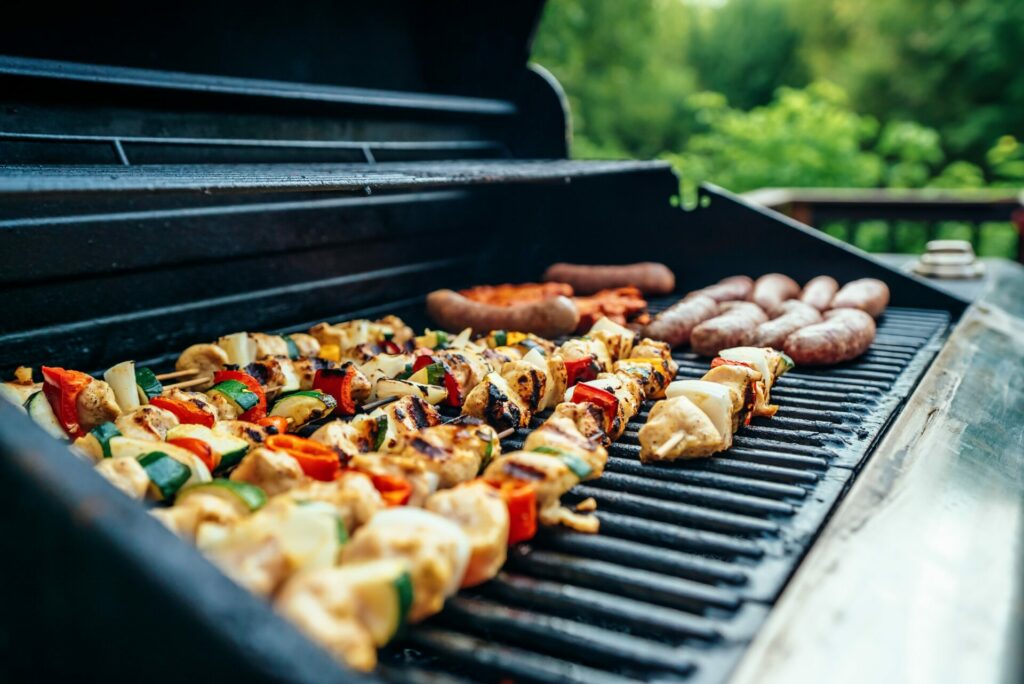The Belgian Federal Agency for the Safety of the Food Chain (AFSCA) has received almost double the amount of reports in the past two months this year from consumers who have fallen ill from eating potentially contaminated food, compared to the same period last year, AFSCA announced on 11 August.
In order to avoid further illness and contamination, the agency has advised Belgian residents to follow simple guidelines to avoid getting sick during the hot summer months, when food is harder to cool and much more likely to become contaminated.
When shopping at the supermarket, AFSCA recommends transporting shopping in an insulated bag, often marketed as “freezer bags.” It also stresses the importance of first buying non-refrigerated products and dry goods, before then buying fruits, vegetables, meats, and frozen goods last, to avoid spoiling food.
AFSCA also recommends separating fruits and vegetables from meats and fish to avoid cross-contamination.
Avoid food poisoning at home
Once at home, AFSCA urges consumers to quickly store their goods in the refrigerator, which should ideally be set between 1°C and 4°C. The coldest area of the fridge is at the bottom, near the vegetable crisper. Meats, fish, and ready meals should be placed in the lower parts of your fridge.
Vegetable crisper drawers and separated compartments can be used to ensure that non cross-contamination can take place within the fridge, stopping bacteria spreading around the space.
In the freezer, different types of foods should be preferably separated, however the low temperatures mean that this is not as important. The temperature of the freezer should be set at -18°C or below.
Related News
- Salmonella contaminated Turkey recalled by Delhaize
- Chocolate contamination: Salmonella traced to Hungarian delivery
When preparing for a meal or a summer barbecue, AFSCA recommends that Belgians only take food out of the fridge at the very last moment, just before being cooked or consumed. Leaving food out on the counter, especially fresh food, runs the risk of contamination by flies or other insects.
Consumers should also be wary of takeaway food and meals in restaurants.
In April, AFSCA warned that thousands of food establishments across the Brussels region were falling foul of food safety standards. Of the roughly 10,000 inspections carried out by the agency, barely half received a positive rating. Just a quarter of hospitality establishments in the capital received a favourable report.

